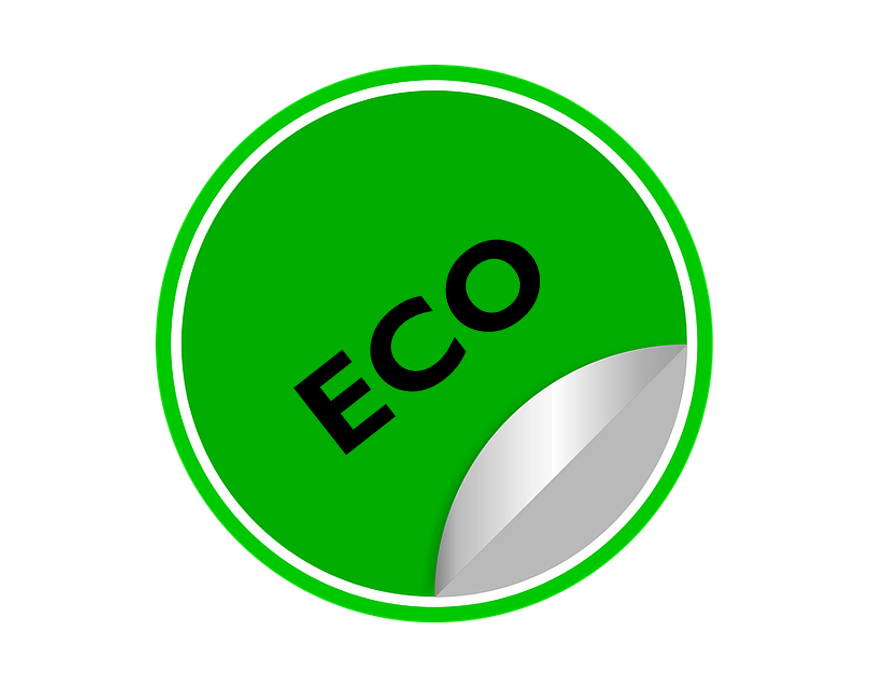
An ecolabel is a marker indicating consumer products or services that are certified as environmentally preferable within their specific category.
There are so many types and levels of ecolabels in the market these days that customers can get easily confused and tricked by greenwashing.
Although the idea of labeling products (and services) as environmentally friendly might be traced back at least to the late 1960s, when environmental awareness began growing rapidly, ecolabelling did not really take off as a marketing phenomenon until around the turn of the 21st century. Whereas some ecolabels consider only a single part of the product life cycle, others take into account the entire cycle. The main objective behind consumer demand for ecolabeling is to maintain pressure on companies to manufacture sustainable products and thus to protect the environment, but ecolabeling also provides opportunity for those firms to promote their brands by trumpeting (and sometimes exaggerating) the “eco” attributes of their products. Ideally, there would be scientifically valid and honest ecolabel standards that consumers could truly rely upon in deciding which goods to purchase. The abundance of differently ecolabelled products on the market today could be considered a disadvantage, as it may create confusion among customers as to which brands and labels can be trusted. An environmental performance certification broadly considered as trustworthy is provided by third parties in accordance with ISO 14024 (and/or another standard in the ISO 14000 category). The participation of a brand in such ecolabeling is voluntary.
Ekoznačka je známka poukazující na spotřebitelské produkty či služby, které jsou ve své kategorii certifikované jako vhodnější pro životné prostředí.
Na trhu dnes existuje tolik druhů a stupňů ekoznaček, že to zákazníky snadno zmate a můžou naletět na greenwashing.
Ačkoli myšlenka označování výrobků (a služeb) jako šetrných k životnímu prostředí sahá přinejmenším do konce 60. let 20. století, kdy začalo rychle růst povědomí o životním prostředí, ekoznačení se jako marketingový fenomén prosadilo až na přelomu 20. a 21. století. Zatímco některé ekoznačky posuzují jen jednu část životního cyklu produktu, jiné jej zohledňují jako celek. Hlavním cílem spotřebitelské poptávky po ekoznačení je udržet tlak na firmy, aby vyráběly udržitelné výrobky, a tím chránily životní prostředí, ale ekoznačení také poskytuje těmto firmám příležitost propagovat své značky tím, že hlásají (a někdy přehánějí) "ekologické" vlastnosti svých výrobků. Ideální by bylo, kdyby existovaly vědecky podložené a poctivé normy pro ekoznačky, na které by se spotřebitelé mohli skutečně spolehnout při rozhodování, které zboží si koupí. Množství výrobků s různými ekoznačkami, které jsou dnes na trhu, lze považovat za nevýhodu, protože může u zákazníků vyvolat zmatek v tom, kterým značkám a označením lze důvěřovat. Certifikát šetrnosti k životnímu prostředí, který je obecně považován za důvěryhodný, poskytují třetí strany v souladu s normou ISO 14024 (a/nebo jinou normou z kategorie ISO 14000). Používání ekoznačení je dobrovolné.
English Editorial Services’ mission is to assist international businesses and organizations of all sizes to communicate clearly, correctly, and persuasively with their business partners and target audiences.
Simply subscribe to receive our Business Term of the Day at no charge to your inbox each business day, with explanation in English and Czech.



English Editorial Services’ mission is to assist international businesses and organizations of all sizes to communicate clearly, correctly, and persuasively with their business partners and target audiences.
Simply subscribe to receive our Business Term of the Day at no charge to your inbox each business day, with explanation in English and Czech.

